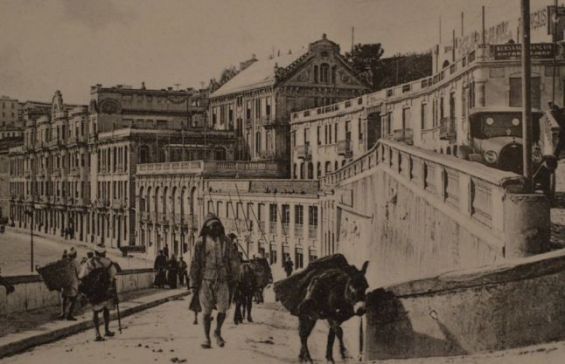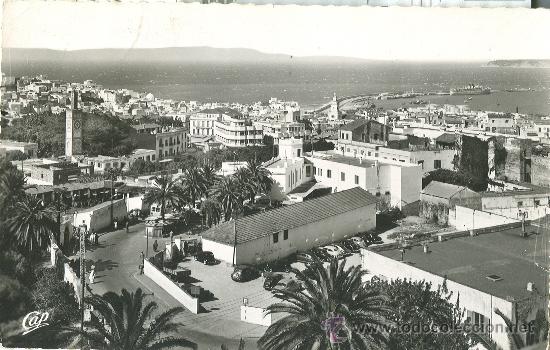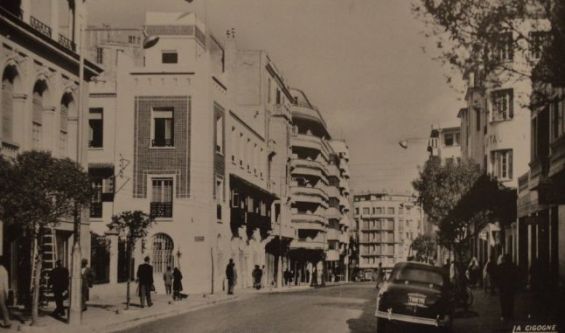Tangier, governed by the European powers since the beginning of the twentieth century, was officially declared an international Zone in 1923. Years after it was designated as a special entity in 1912 by the Treaty of Fes.
But After Morocco broke free from France, Rabat negotiated the end of Tangier’s international statute through the Fedela conference held on the 8th of October, 1956.
In 1912, and after the signing of the Treaty of Fes that allowed France to make Morocco a French protectorate, Tangier became one of the Kingdom’s most special cities. «The governship of Tangier would be held by a rotation of European administrators : a mixed court of Spanish , French and British judges», wrote Sharon La Boda in his book «International Dictionary of Historic Places» (Taylor & Francis, 1994).

Tangier’s new statute which was discussed «without the consultation of either Tanjawis or Tangerinos», was affected after the eruption of the First World War.
By the end of the war, and after the Treaty of Versailles was signed, the statute of Tangier became «an important factor in a bitter diplomatic war between France, England and Spain», said Jean Louis Mieg, Georges Bousquet, Jacques Denarnaud and Florence Beaufre in their book «Tanger : Porte entre deux mondes».
«By the end of 1923, following the war and the subsequent colonial battles with the local Berber rebels around Tangier, the new international Administration of Tangier was formalized».
Governed by European powers
The international administration of Tangier was again interrupted by the Second World War. Spain decided to circle Tangier and occupied it on June 14th, 1940. It is during the same period that the town became a go-to destination for spies and secret agents.

On October the 9th, 1945 The Spanish government was summoned by the international community and was forced to withdraw its troops from the city. The USA, and the Soviet Union governed Tangier.
But two years later, in 1946, King Mohammed V opted for Tangier to deliver his epic speech, demanding Morocco’s independence. When Morocco gained its independence after King Mohammed V returned from his exile, efforts were made to get Tangier back.
In «Le statut international du Maroc depuis 1955», published in the «French Yearbook of International Law» (Volume 2, 1956), André de Laubadère said that, the Spanish-Moroccan agreement signed in April the 7th, 1956, related to the zone controlled by Spain «had two objectives, the independence of Morocco and the recovery of Tangier».
But ending Tangier’s international statute was opposed by some parties. On May, the 2nd, 1956, the Legislative Assembly of Tangier, headed by Moroccans and Europeans, rejected a demand calling for the relaunching of negotiations linked to the city’s statute. The Moroccan delegation withdrew, as a result, protesting against this decision.

Negotiations, however, were kaunched in April of the same year with Ahmed Balafrej who was heading Morocco’s Foreign Affairs Ministry at the time. On July 5, the two parts reached a common ground signing a protocol.
Several months later, on October 8, international representatives and the Moroccan authorities choose Fedala (now Mohammedia) for an international conference on Tangier. Its objective was to «organize the statute of the Tangier zone».
The conference brought together, in addition to the Moroccan Foreign Minister, representatives from France, Spain, Great Britain, Italy, Belgium, the Netherlands, and Portugal.
On October 29, the final declaration of the conference was signed. The declaration was also accompanied by an annexed protocol which addressed the issues linked to the ending of the city's international statute.





 chargement...
chargement...













